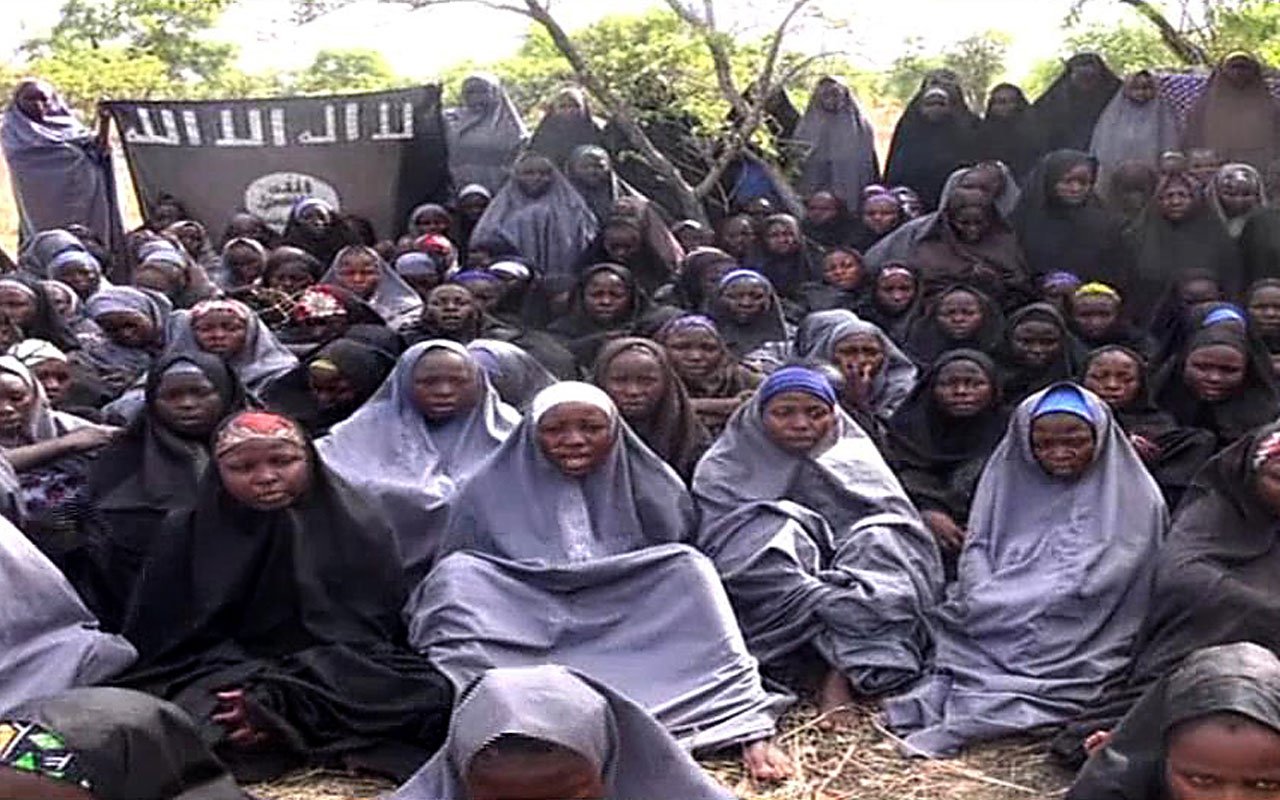The United Nation’s Children’s Fund (UNICEF) has expressed concern over the subjection of thousands of children in North-East Nigeria to grave violations of their rights.
In a statement Friday, it lamented that nine years after 276 schoolgirls were abducted in the middle of the night from their dormitory in Chibok, 96 girls remained in captivity.
“As recently as 7 April 2023, 80 children were reportedly abducted by militants in Zamfara State’s Tsafe Local Government Area according to local media,” the UN agency said.
“This reinforces the urgent need for action to protect children in Nigeria. Since 2014, there have been over 2,400 incidents of grave violations verified, affecting over 6,800 children in the North-east.”
It added that the most common violations were recruitment or use of children by armed groups with 700 verified cases, followed by abductions of children, with 693 incidents, and killing and maiming, with 675 incidents.
“The impact of the conflict on education is alarming, with repercussions that will likely affect generations,” the statement said.
It cited a Teachers’ Registration Council of Nigeria (TCN) report, saying, between 2009 and 2022, around 2,295 teachers were reportedly killed in attacks and over 19,000 teachers were displaced.
Also, more than 1,500 schools were said to have closed because of insecurity, and 910 schools were destroyed.
See the full statement below:
“Devastating Reality”: 9 years after Chibok abductions, children in Northeast Nigeria continue to suffer the brutal consequences of conflict
Abuja, 14 April 2023 – Nine years after 276 schoolgirls were abducted in the middle of the night from their dormitory in Chibok, Nigeria, 96 girls remain in captivity, and thousands more children have been subjected to grave violations of their rights.
As recently as 7 April 2023, 80 children were reportedly abducted by militants in Zamfara State’s Tsafe Local Government Area according to local media. This reinforces the urgent need for action to protect children in Nigeria.
“The statistics are disturbing; the reality is devastating. It has been 9 years since the horrendous abduction of the Chibok girls, yet the nightmare continues as children are still being kidnapped, forcibly recruited, killed and injured– their futures torn away,” said Cristian Munduate, UNICEF Representative in Nigeria.
“We cannot turn a blind eye to the suffering of Nigeria’s children. We must do everything in our power to ensure they grow up in safety, with access to education and the opportunity to fulfill their potential.”
Since 2014, there have been over 2,400 incidents of grave violations verified, affecting over 6,800 children in the Northeast. The most common violations are recruitment or use of children by armed groups with 700 verified cases, followed by abductions of children, with 693 incidents, and killing and maiming, with 675 incidents.
The impact of the conflict on education is alarming, with repercussions that will likely affect generations. The Teachers’ Registration Council of Nigeria (TCN) reports that, between 2009 and 2022, around 2,295 teachers were reportedly killed in attacks, over 19,000 teachers were displaced, more than 1,500 schools closed because of insecurity, and 910 schools were destroyed.
UNIICEF welcomes the Government of Nigeria’s signing of the UNICEF-supported handover protocol and its commitment to invest N144.8 billion ($314.5 Million) towards the Safe Schools Financing Plan in 2022 and stands ready to support the Government in its implementation to ensure that all children encountered in the course of armed conflict in Nigeria or released from armed groups are quickly reunited with their families and benefit from reintegration programmes.
UNICEF Nigeria calls on all parties to the conflict to respect international humanitarian law and human rights law and protect the rights and well-being of children. UNICEF Nigeria stands committed to working with the government and partners to ensure that every child in Nigeria can enjoy their rights and live in a peaceful and prosperous society.


